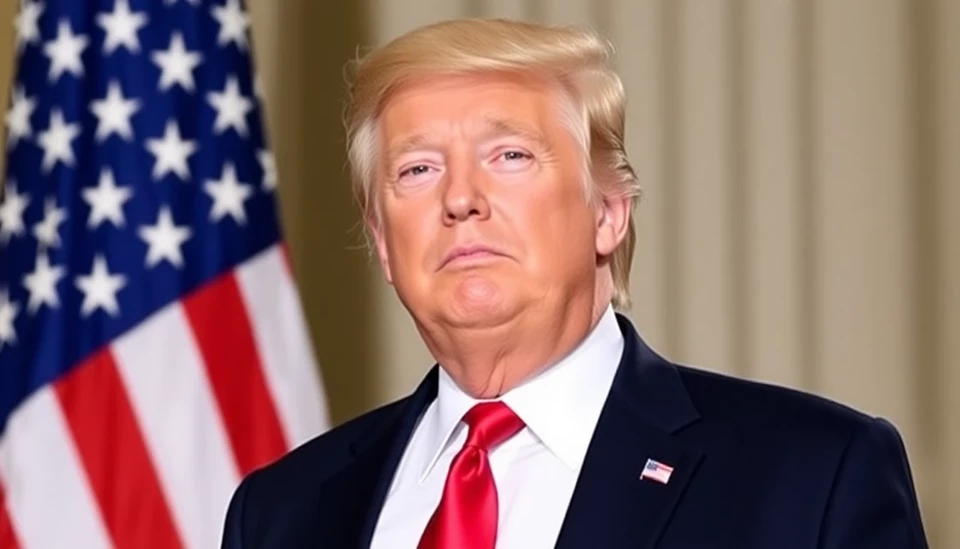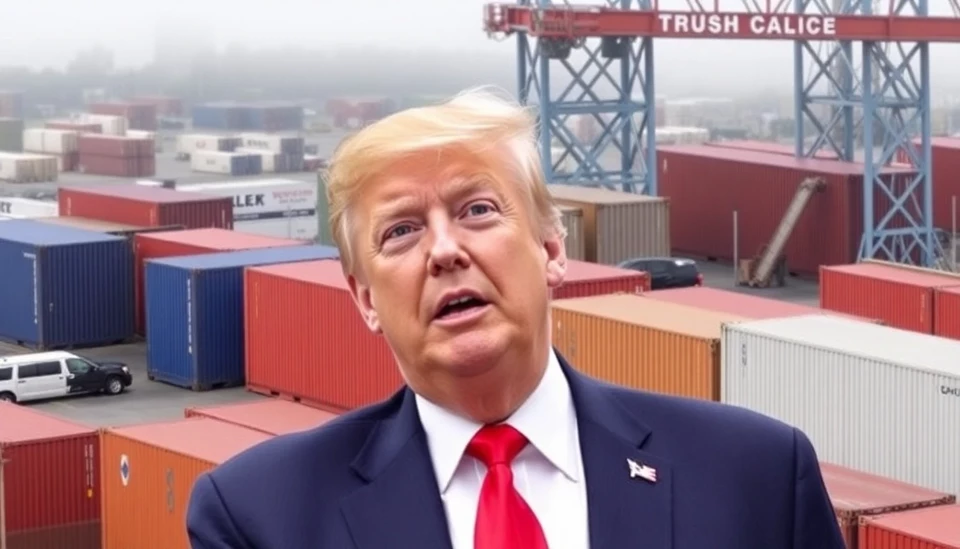
In a recent analysis from Bloomberg, experts are grappling with the implications of Donald Trump's potential re-entry into U.S. politics and how it could undermine ongoing efforts to combat climate change. As the nation faces escalating environmental challenges, the ramifications of a Trump-led administration could significantly alter the trajectory of climate policies that have been established or proposed in recent years.
Trump's tenure as president was marked by a clear departure from the climate initiatives championed by his predecessors. During his administration, he withdrew the United States from the Paris Agreement and rolled back numerous regulations aimed at reducing carbon emissions. These actions led to a considerable lapse in the nation’s leadership role in global climate efforts, causing concern among environmentalists and world leaders alike.
The analysis raises questions about the future of the Biden administration’s climate agenda, which has sought to emphasize renewable energy and carbon neutrality by 2050. If Trump were to mount a serious political comeback, there are fears that he would replicate or even intensify his previous climate policies. This would not only stall progress at the federal level but could also embolden states and industries resistant to change, hampering collective efforts to mitigate climate change impacts.
Moreover, Trump's influence over the Republican Party remains substantial, which could stifle bipartisan support for climate initiatives. Instead of advancing policies to transition to green energy sources, there is concern that a resurgence of Trumpism could divert focus back to fossil fuels and other environmentally detrimental practices, gaining traction amongst party members and, potentially, the public.
As 2025 unfolds, the strategic positioning of environmental groups becomes increasingly critical. They are amplifying their outreach efforts, aiming to inform constituents about the stark differences between their climate priorities and those aligned with Trump’s agenda. Experts suggest that grassroots movements and heightened public awareness will be pivotal in countering potential makeovers in climate policy that could emerge if Trump returns to power.
The next few years will ultimately reveal the extent to which Trump can hinder U.S. climate progress. Observers anticipate that his return to prominence will spark intense debates about environmental responsibility and national action on climate. The stakes are high, prompting both supporters and opponents to strategize on how best to influence public opinion and legislative outcomes on this pressing global issue.
As the conversation around climate change evolves, it is clear that adaptability and resilience will be essential in the fight against environmental degradation. The potential for a shift back towards climates-damaging policies under a Trump leadership could create hurdles for the advancements made thus far, challenging the collective ambitions towards a sustainable future.
In conclusion, the dynamics of U.S. politics in relation to climate change will remain fluid and contentious in the years to come. The nation's ability to address climate challenges effectively hinges on its leadership and the prevailing political climate surrounding environmental regulations and initiatives.
#Trump #ClimateChange #Sustainability #EnvironmentalPolicy #BidenAdministration #FossilFuels #GreenEnergy #ClimateAction
Author: Peter Collins




